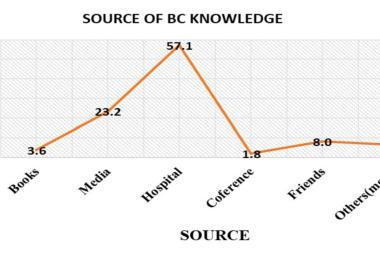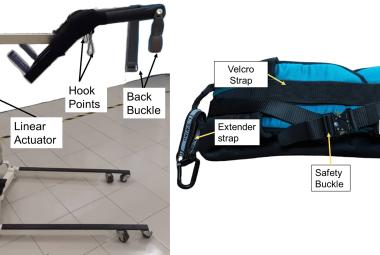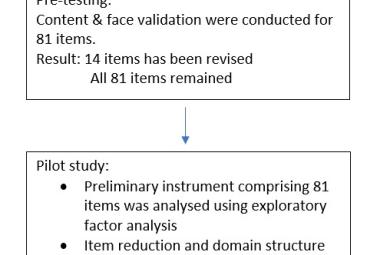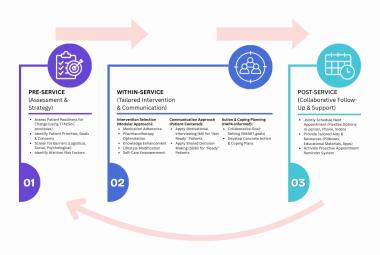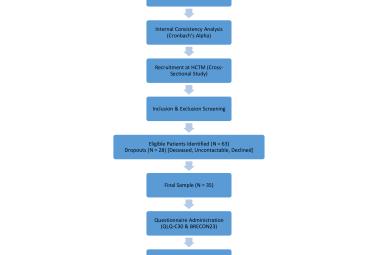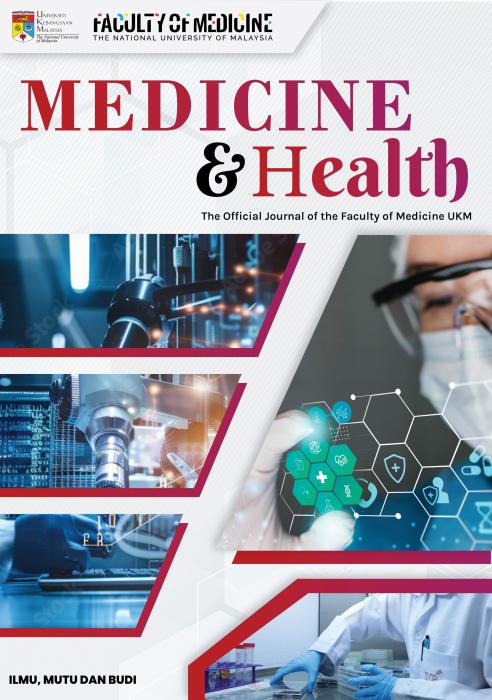Prevalence of Methicillin-Resistant Staphylococcus aureus at a Tertiary Teaching Hospital in Malaysia
Methicillin-Resistant Staphylococcus aureus in HCTM
Abstract
Methicillin-resistant Staphylococcus aureus (MRSA) is a major nosocomial pathogen that causes severe morbidity, mortality and high medical expenses in many hospitals worldwide. The present study aimed to determine the prevalence of MRSA nosocomial infection, its associated factors, and its antimicrobial susceptibility pattern. This was a retrospective analysis of a database of Multidrug-Resistant Organism (MDRO) that was cultured from patients admitted to Hospital Canselor Tuanku Mukhriz (HCTM) over a period of 2 years (2018-2019). MRSA accounted for 23.6% of total MDRO isolates. The male gender had a higher risk for MRSA acquisition (p<0.05), while the most prevalent setting for MRSA was the orthopaedic ward (47.5%) followed by the medical ward (29.4%). The MRSA strains were significantly isolated from respiratory specimens (55.6%) followed by tissue (50.8%) and blood (27.8%). All MRSA isolates were resistant to penicillin G, oxacillin followed by ciprofloxacin (83.8%) erythromycin (71.5%) and clindamycin (53.5%). MRSA isolates were most susceptible to teicoplanin (99.7%), mupirocin (99.3%), co-trimoxazole (98.4%), rifampicin (97.8%), doxycycline (97.4%), linezolid (95.8%), gentamicin (93.9%) and fusidic acid (86.2%). The trend for MRSA’s antibiotic susceptibility in HCTM for the past 2 years (2018 to 2019) remains unchanged. Further research will be required to investigate the predictor of MRSA by clearly differentiating between MRSA infections and colonisations, hospital-acquired MRSA and community-acquired MRSA.
Keywords :
antibiotics,
antimicrobial drug resistance,
hospital-acquired infection,
methicillin resistant Staphylococcus aureus,
Abstrak
Staphylococcus aureus rintang-Methicillin (MRSA) adalah patogen nosokomial utama yang menyebabkan morbiditi, kematian dan kadar kos perbelanjaan perubatan yang tinggi di kebanyakan hospital di seluruh dunia. Tujuan kajian ini adalah untuk menentukan kekerapan kadar jangkitan nosokomial MRSA, faktor-faktor yang berkaitan dan corak ketahanan antibiotik. Ini adalah analisis retrospektif pangkalan data organisma rintang pelbagai jenis ubat (MDRO) yang dikultur daripada pesakit-pesakit yang dimasukkan ke Hospital Canselor Tuanku Mukhriz (HCTM) selama 2 tahun (2018-2019). MRSA menyumbang kepada 23.6% daripada jumlah pemencilan MDRO. Lelaki mempunyai risiko yang lebih tinggi untuk dijangkiti oleh MRSA (p<0.05), manakala kadar paling prevalen MRSA adalah daripada wad ortopedik (47.5%) dan diikuti oleh wad perubatan (29.4%). Isolat MRSA yang diperolehi adalah diambil dari saluran pernafasan (55.6%) diikuti oleh tisu (50.8%) dan darah (27.8%). Semua isolat MRSA rintang terhadap antibiotik penicillin G, oxacillin diikuti oleh ciprofloxacin (83.8%) erythromycin (71.5%) dan clindamycin (53.5%). Isolat MRSA rentan terhadap antibiotik teicoplanin (99.7%), mupirocin (99.3%), co-trimoxazole (98.4%), rifampicin (97.8%), doxycycline (97.4%), linezolid (95.8%), gentamicin (93.9%) dan asid fusidik (86.2%). Trend kerentanan terhadap antibiotik bagi isolat MRSA di HCTM selama 2 tahun terakhir (2018 hingga 2019) tetap tidak berubah. Penyelidikan lebih lanjut diperlukan untuk menyiasat faktor-faktor penyebab kepada pembentukan MRSA dengan membezakan dengan jelas di antara jangkitan dan koloni MRSA, pembawaan MRSA di hospital dan di komuniti.
Kata Kunci :
antibiotik,
jangkitan dalam hospital,
kerentanan ubat antimikrob,
Staphylococcus aureus rintang Methicillin,
Correspondance Address
Firdaus Hayati. Department of Surgery, Faculty of Medicine and Health Sciences, Universiti Malaysia Sabah, 88400 Kota Kinabalu, Sabah, Malaysia. Tel: +6088-320000 Email: m_firdaus@ums.edu.my, firdaushayati@gmail.com


